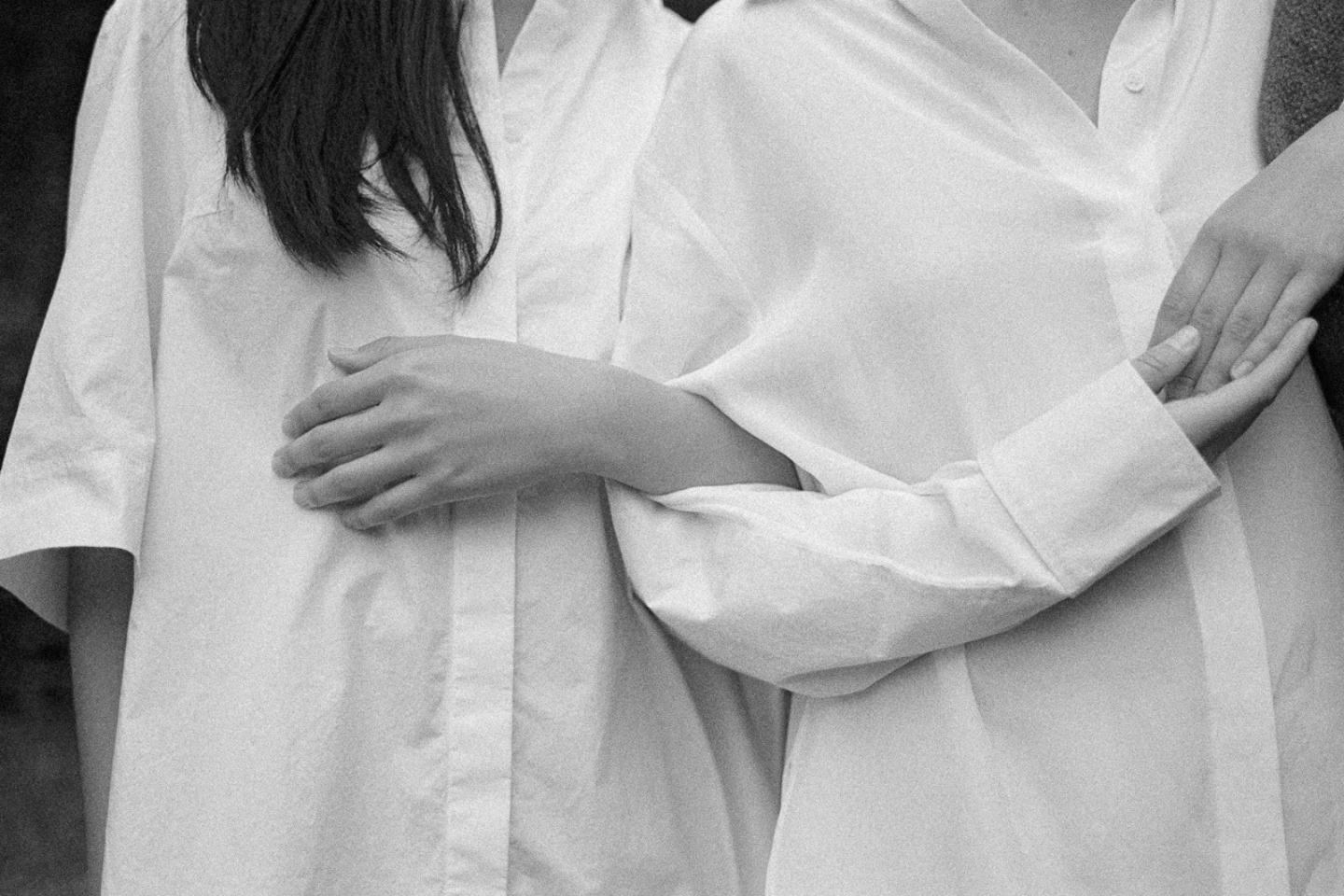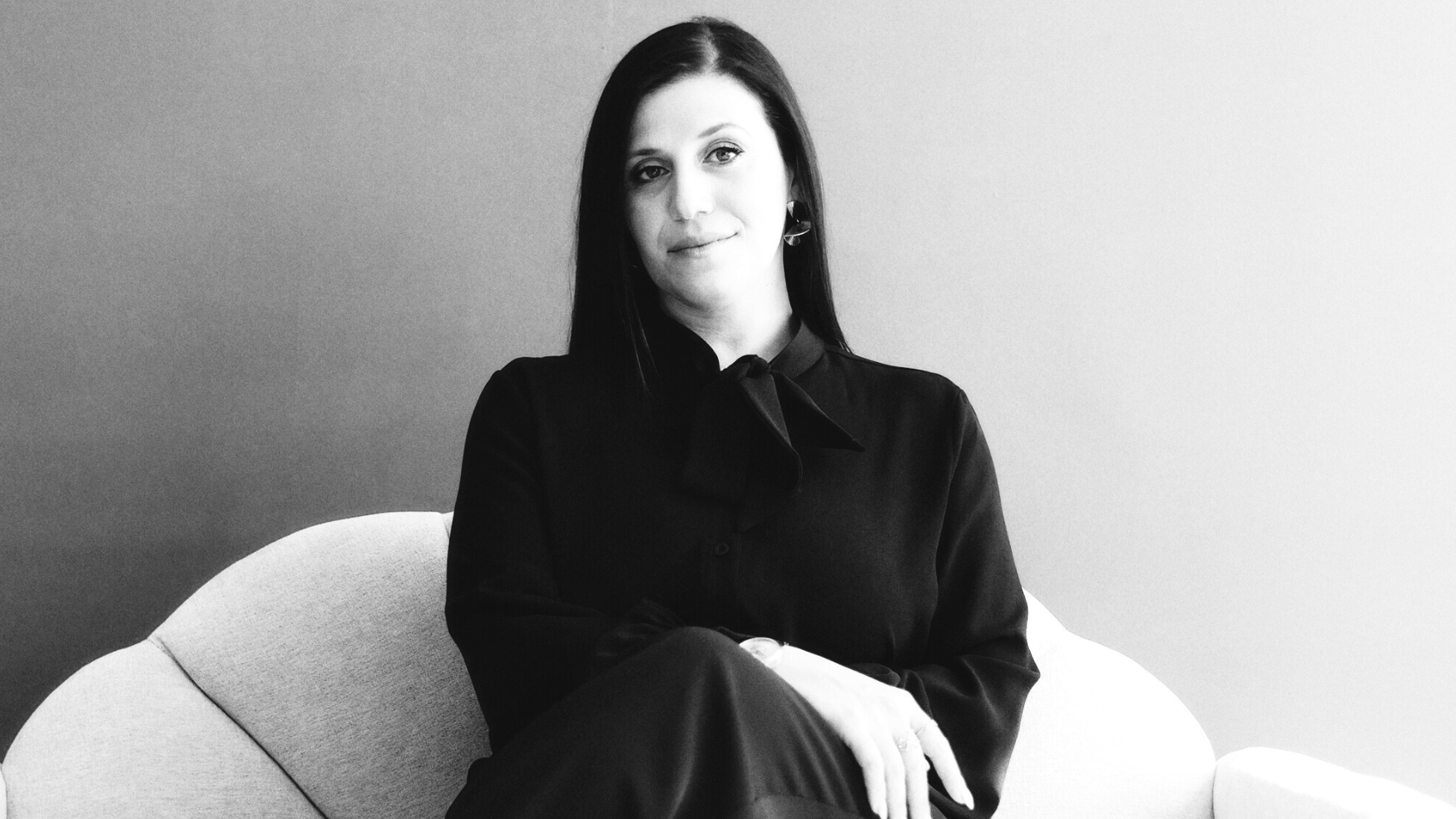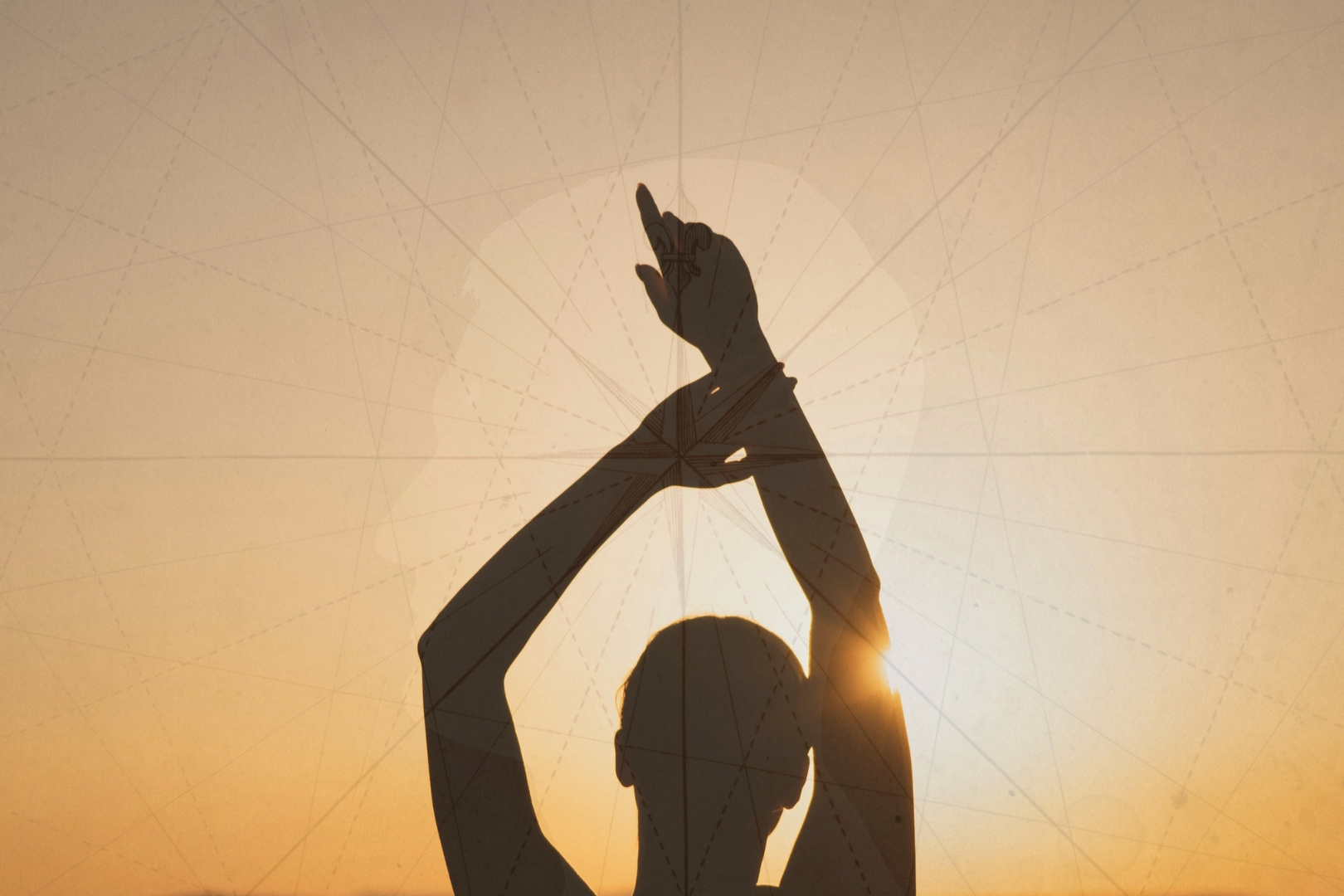I used to think healing was about fixing.
Fix the anxiety. Fix the relationship. Fix the body.
Even as a licensed therapist, I carried that undercurrent—this quiet belief that if we just worked hard enough, uncovered the right childhood memory, found the perfect modality, something would click. We would arrive.
But over the last decade, in rooms lit by ritual and breath, surrounded by women unpacking lifetimes in a single exhale, I’ve come to understand something else entirely: healing is not about doing more. It’s about remembering.
We are not broken. We are dismembered, disconnected—split from our bodies, our intuition, our creativity, our community. What looks like dysfunction is often just a brilliant adaptation to a world that rewards performance and punishes feeling. And for so many high-functioning women—the ones who keep everything moving, who hold it all—it can be hard to admit we are disoriented, lonely, overwhelmed. Much less let go of our faithful companion “control” in favor of “trust.”
What I see again and again is this: when a woman finally stops performing wellness and starts living her truth, something ancient cracks open. Not in the dramatic, cinematic way we’ve been sold. But in the quiet, sacred ways that matter. She breathes differently. She moves slower. She remembers that she doesn’t have to carry everything alone.

This kind of healing doesn’t happen in ordinary states of consciousness.
It happens in the liminal—through breathwork, movement, art-making, sex, psychedelics, childbirth, grief. These are not escapes from reality, but doorways into a deeper one.
The phrase “altered states” never sat right with me; it implies our waking state is the baseline, the ideal. But what if the opposite is true? What if these non-ordinary states—fluid, embodied, unfiltered—are where the soul speaks most clearly?
We don’t go there to dissociate. We go to remember.
To rewire.
To retrieve what was left behind.
The women I work with aren’t seeking peak experiences. They’re not chasing transcendence. They’re learning to expand their capacity for reality—for presence, for nuance, for the complexity of being human. Psychedelic medicine can help—but only if it’s held with integrity, preparation, and precision. Not blasted through, but breathed into. Not hijacked by ego, but tended by the nervous system.
This is where ancient wisdom meets clinical rigor.
Where myth meets science.
Where the body becomes the map. We don’t bypass. We don’t blast off.
We listen.
To sensation. To memory. To the story underneath the story.
I have sat with women on the other side of miscarriage, betrayal, divorce, menopause, creative drought. I have watched them shake and sob and laugh and return—not because I had the answers, but because they were finally asked the right question:
“What is this moment asking of me?”
This question changes everything.
It moves us out of victim consciousness and into participation.
It opens the possibility that life is not here to punish us, but to initiate us.
That the same life can look entirely different when we change our relationship to it.
And here’s what no one says out loud: the women doing this work are changing the face of healing itself. They are not checking out. They are not escaping into light and love. They are professionals, mothers, leaders, artists—rooted in their lives and choosing to remember in the middle of them.
They are refusing the myth of the isolated self.
The story that we must do it alone.
That grief is private. That thresholds are shameful. That softness is weakness.
They are circling back to a knowing that predates pathology.
They are not asking for permission.
And neither am I.
Written by Guide Lindsay Olshan.
Lindsay Olshan is a licensed marriage and family therapist, art therapist, and psychedelic-assisted therapy practitioner with over two decades of clinical experience. Her work lives in the fertile space between science and soul—where somatic intelligence, ritual, and psychedelic medicine come together to offer something deeper than self-help or performance-based healing.
She is the founder of FADEN, a retreat platform devoted to women’s healing in community. Lindsay creates containers where women can soften, unravel, and remember who they are beneath the roles, diagnoses, and expectations.
For those who have outgrown the limits of talk therapy but still crave depth and grounding, her work offers a new paradigm: embodied, poetic, clinically sound—and rooted in the ancient truth that healing was never meant to happen alone.




